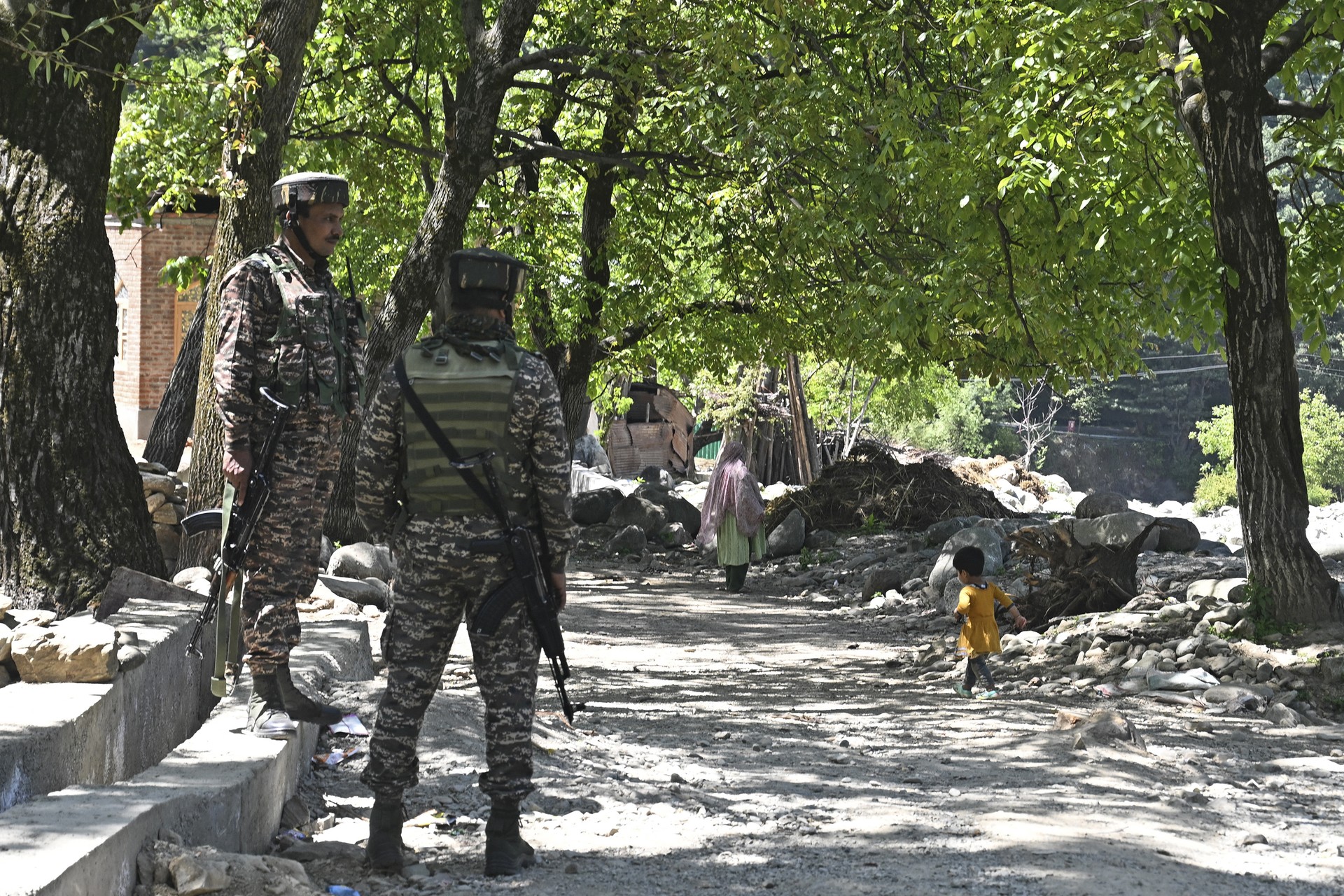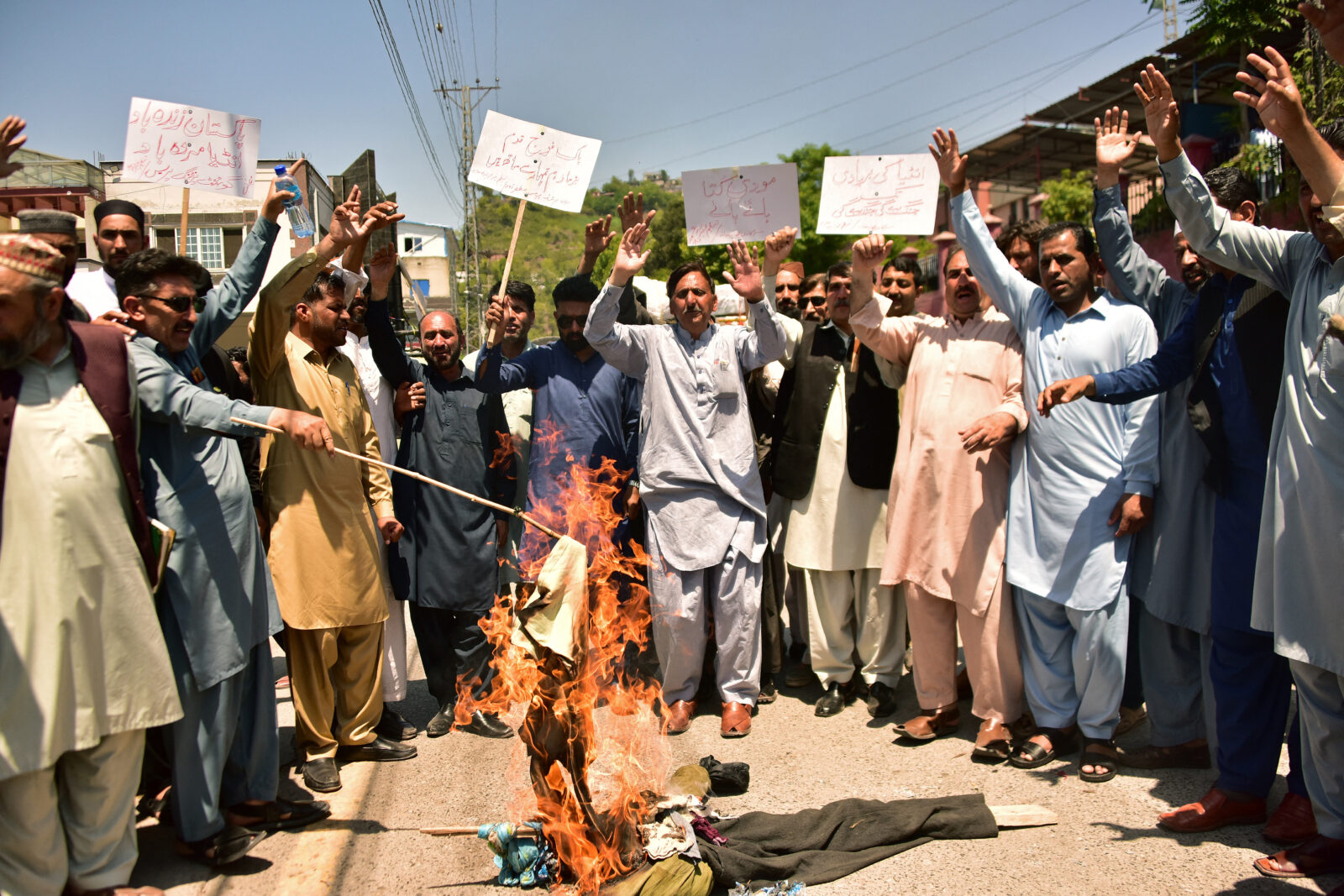
Pakistan’s Information Minister Attaullah Tarar announced early Wednesday that Islamabad had “credible intelligence” suggesting India was preparing to launch a military strike within 24 to 36 hours, using the recent deadly attack in Indian-administered Kashmir as a pretext.
“Pakistan has credible intelligence that India intends to launch a military strike within the next 24 to 36 hours using the Pahalgam incident as a false pretext,” Tarar said in a statement issued shortly before 2:00 a.m. local time Wednesday (2100 GMT Tuesday).
He warned, “Any act of aggression will be met with a decisive response. India will be fully responsible for any serious consequences in the region!”
Tarar added that Pakistan had proposed an independent commission to investigate the attack, but India rejected the offer. “Unfortunately, instead of choosing the path of reason, India seems to have decided to embark on a dangerous course of confrontation that could have disastrous consequences for the entire region,” he said.

He reiterated that Islamabad would respond “firmly and resolutely” to any Indian aggression, calling on the international community to recognize where the responsibility lies.
“The international community must not forget that the responsibility for the consequences of this lies squarely with India,” he emphasized.

The tensions follow a mass shooting on April 22 in Pahalgam, a popular tourist region in Indian-administered Jammu and Kashmir, where gunmen opened fire on visitors, killing 26 and wounding many more.
New Delhi swiftly blamed Pakistan-based militants for the attack, suspended the Indus Waters Treaty, and ordered all Pakistani diplomats in India to leave within a week. Additionally, India halted all visa services for Pakistani nationals and canceled previously issued visas.
In a sharp response, Islamabad rejected the allegations, scaled back Indian diplomatic staff in Pakistan, and vowed that any interference with the flow of rivers shared under the treaty would be met with “appropriate countermeasures.”